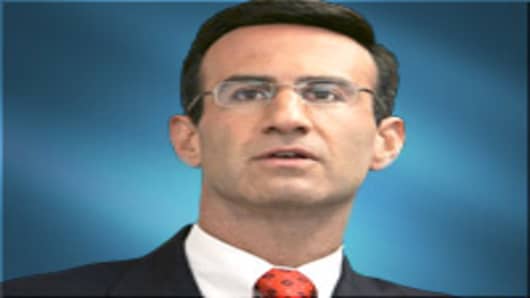Peter Orszag is in a race against time.
With the unemployment rate reaching a 26-year peak today of 9.5%, and soon to rise to well above 10% this year, Orszag—Director of the White House Office of Management and Budget—knows his budget projections are blown up.
With millions of fewer workers than the White House projected in its 'rosy scenario' economic outlook earlier this year, federal income tax revenues will significantly undershoot Orszag's projections.
And when you throw in a short-armed consumer and the massive deleveraging of both households and businesses, an ugly fiscal picture begins to take shape with deficits exploding beyond the already huge projections put forth by the White House.
The expected tsunami of red ink, resulting in unprecedented levels of federal borrowing, has bond and currency markets skittish. So far the effects have been modestly held in check—no blow up, although yields have risen and the dollar has faced some pressure.
But with even greater levels of borrowing now certain—all while the Fed attempts to navigate multiple exit strategies with financial rescue programs and the policy rate—the Administration is testing the limits of confidence, and increases the risk of a dollar or bond market "event".
What everyone agrees is needed to avoid such an event is for OMB Director Orszag to put forth a credible deficit reduction plan.


